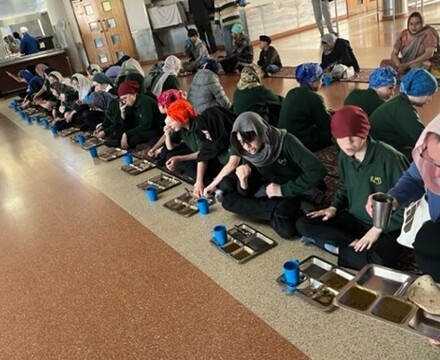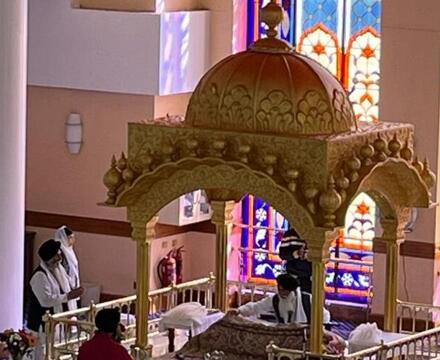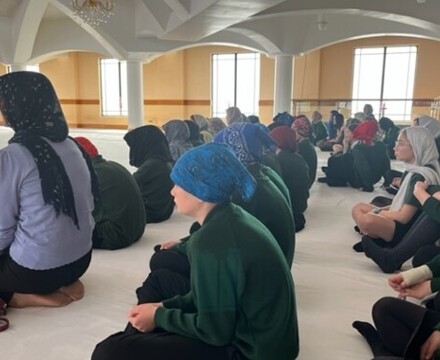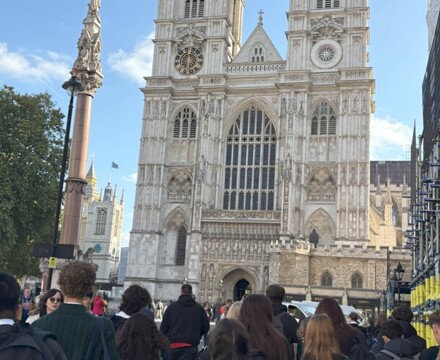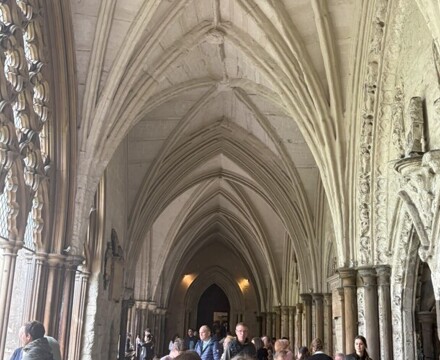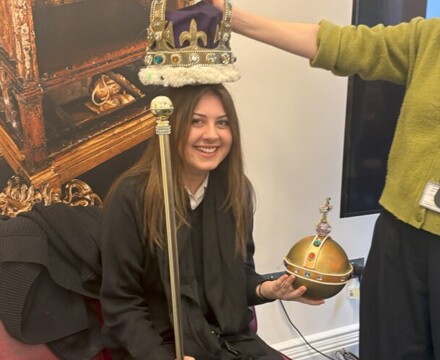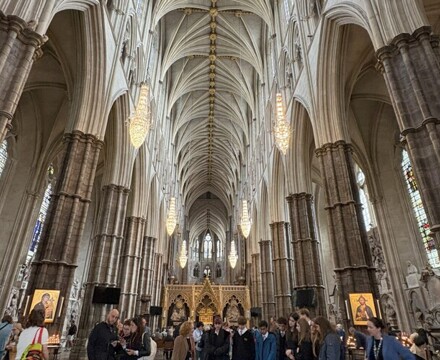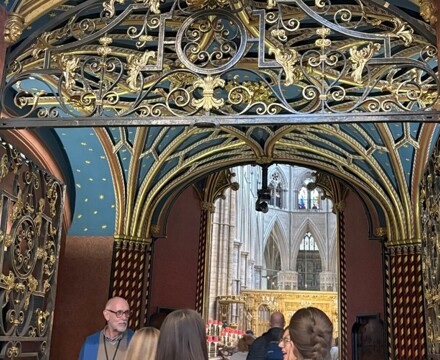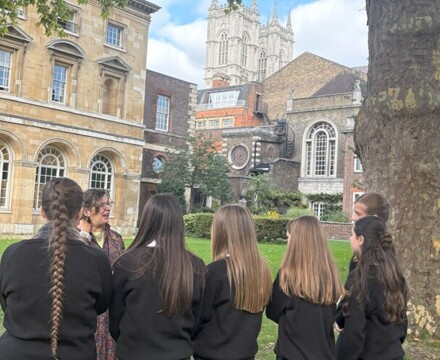- Home
- Curriculum
- Subjects
- Religious Education
Religious Education
Return to SubjectsHead of Department:
Mrs Rachel Calam
Department aims:
The RE / Ethics department is committed to ensuring that all pupils make excellent progress, through experiencing excellent teaching which engages and motivates them to work hard and succeed. In addition to this teaching RE through the inquiry of concepts “puts children and young people at the heart of what we do educationally…it helps us to understand what it means to live a life with a religious (or other) orientation is not one thing ”. (taken from Hampshire Agreed Syllabus: Living Difference IV).
For more information regarding topics covered in RE & Ethics, please see the curriculum information and Learning Journey linked below
Reading List (Key Stage 3):
Reading for pleasure is an excellent way to boost literacy skills and also develop an understanding of topics that may help you with your GCSE also. All listed books can be read at KS4 but are listed here as they are suitable for reading from age 11.
- Matters of Life: “Big Fish” D Wallace
- Belief in God: “Go Tell the Mountain” J Baldwin, “The Alchemist” P Coelho, “Life of Pi” Y Martell
- Crime and Punishment: “Monster” W D Myers, “Junk” M Burgess
- Peace and Conflict: “The Book Thief” M Zusak, “Refugee Boy” B Zephanial, “The Return of the Soldier” R West
- Medical Ethics: “Brave New World” A Huxley, “Pig Heart Boy” M Blackman
Reading List (GCSE):
- WJEC Eduqas GCSE Religious Studies Route A Revision guide. (Hodder Education) ISBN: 978-1-5104-1462-4
- WJEC Eduqas GCSE Religious Studies Route A Text book (Hodder Education) ISBN: 978-1-471-86634-0
Useful weblinks:
Re:Quest (For KS3 Christianity topics)
BBC Bitesize - Religious Studies (GCSE revision of Christianity and Islam) TrueTube (GCSE clips)
Extracurricular and enrichment:
- A comprehensive revision programme is delivered for year 11 students.
- 1:1 sessions offered for pupils.
- Visiting speakers attend lessons on Humanism, Islam, Sikhism.
- Visits to places of worship - Mosque and Gurdwara.
| Subject Documents |
|---|
| Religious Education and Ethics Curriculum Information |
| Learning Journey Ethics and RE |
